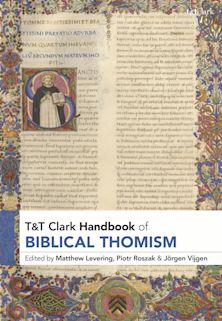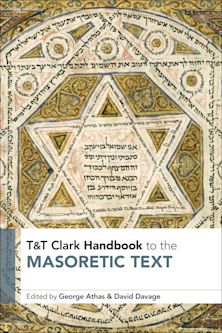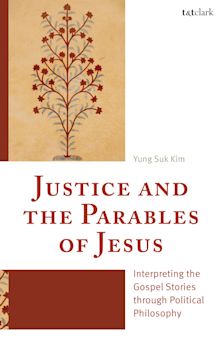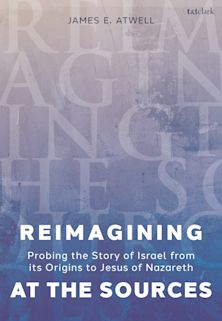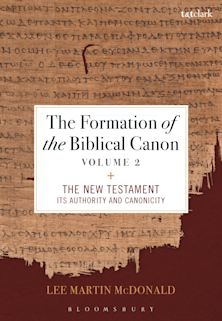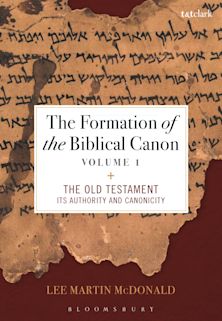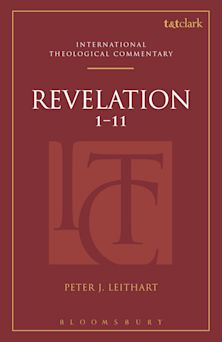- Home
- ACADEMIC
- Biblical Studies
- Biblical Interpretation
- The Historical-Critical Method: A Guide for the Perplexed
The Historical-Critical Method: A Guide for the Perplexed
Get 40% on two or more titles from T&T Clark
You must sign in to add this item to your wishlist. Please sign in or create an account
Description
Historical Critical Analysis is the main way in which the Bible (both the Hebrew Bible/Old Testament and the New Testament) has been examined and read by scholars in the last century.
The term refers to a range of methodologies which examine the origins of biblical texts, in relation to other contemporaneous texts, to form critical approaches and to questions of authorship, audience and authenticty. The aim is to get as close to the 'original text' and its 'original meaning' as possible. For many years Historical Critical Method has been the cornerstone upon which biblical scholarship is built, even as modern studies examine other theoretical approaches to reading the text in history, tradition, and from different audience perspectives the Historical Critical Method still presents the crucial starting point for students and scholars.
Table of Contents
A Brief History of Historical Criticism
Textual Criticism
Source Criticism
Form Criticism
Redaction Criticism
Conclusion: Strengths and Weaknesses of Historical Criticism
Product details
| Published | Apr 26 2012 |
|---|---|
| Format | Ebook (Epub & Mobi) |
| Edition | 1st |
| Extent | 344 |
| ISBN | 9780567583109 |
| Imprint | T&T Clark |
| Series | Guides for the Perplexed |
| Publisher | Bloomsbury Publishing |
About the contributors
Reviews
-
This is a book to be read at many levels. For the beginner, there is a clear guide to different methods under the broad umbrella of 'the' historical-critical method. For the more advanced reader, there is also a treasure of material on the history of interpretation, and reflections on the value of historical-critical approaches. Readable but deeply informed, this is an excellent guide to the issues involved in seeking to read the Bible both critically and sympathetically.
Professor Christopher Tuckett, Pembroke College, Oxford, UK












